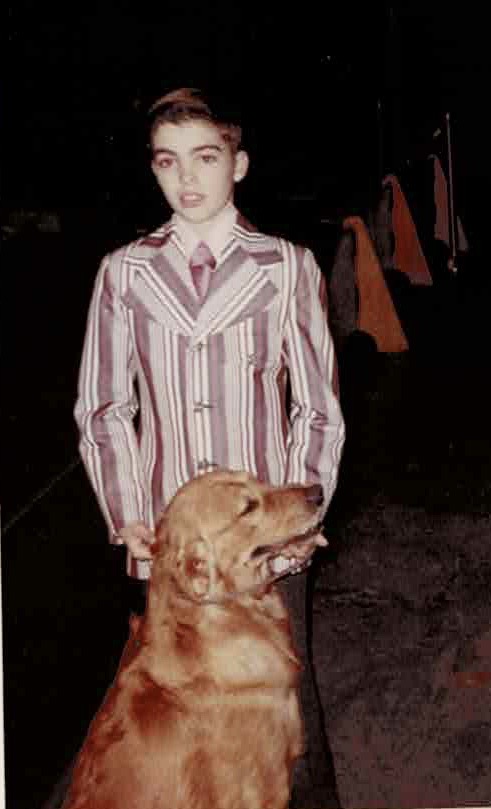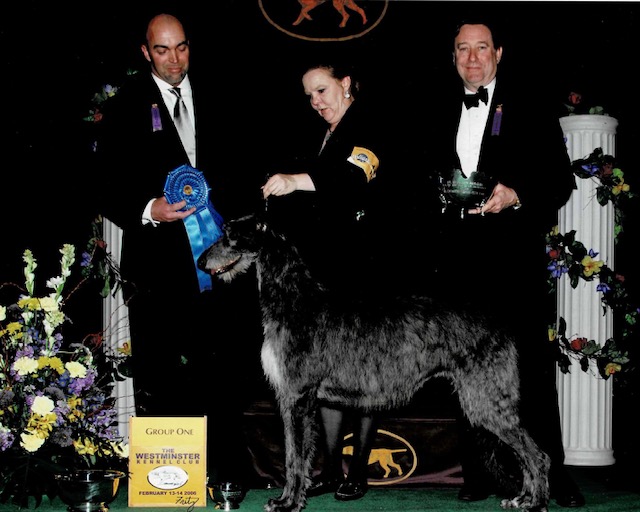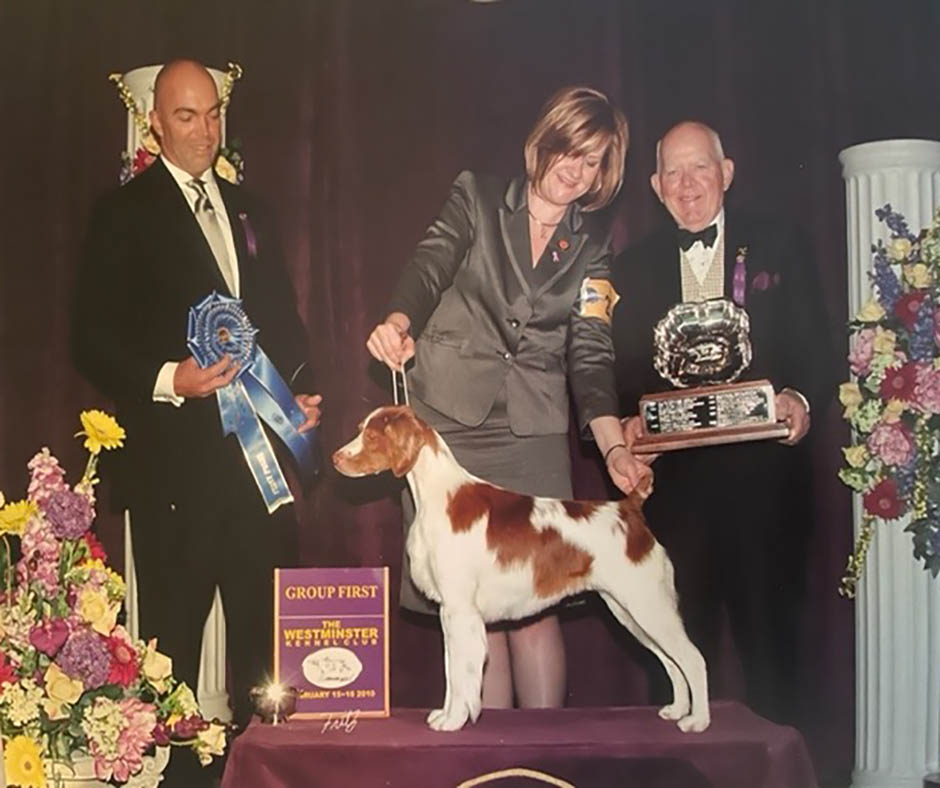541 – Dr. Donald Sturz on Building Community and Continuing Education
Dr. Donald Sturz on Building Community and Continuing Education
Don Sturz, psychologist by day, dog show judge on the weekend, provides insight on safe space at the dog show and the importance of continual learning.

Dr. Donal Sturz’ first time at Westminster Kennel Club when he was 10 years old.
Sturz has discussed being bullied as a child at school and finding dogs and dog shows a “safe space.” He shared his insights on how to make dog shows more welcoming for all exhibitors.
“That’s something that depends on individuals being able to choose situations that are safe,” Sturz said. “People go into situations without full knowledge and wind up in situations that are toxic. It’s up to each individual to know what is their safe space.
“I also think clubs should view the dog show as more of a community event, more than just a dog show. Not just the dog show community, but also the community around it. How do we help people have a good time here.
“(At) Westminster (Sturz is the AKC delegate for Westminster Kennel Club) the club members think a lot about the exhibitors, what makes it pleasant for them. Clubs should be thinking in terms of the human aspect of this. When the atmosphere is devoid of connection and positivity, the activity itself can get really intense. People’s emotions can run high. If you proactively set a tone or atmosphere that is more celebratory, it helps balance that out a little bit.

Donald Sturz judging Westminster Kennel Club Hound Group in 2006.
“People get jaded, lost in the fog of yesteryear. If you have the relationship, you can help provide a reality check. These can be meaningful conversations, if you have them with the right tone. It’s more inquiry, not confrontation.
“I do think one area that is different now, I think people hung around more (in years past). People’s lives are busy now. It diminishes the dog show experience (because they don’t have time to) watch and sit. People could do more of that. Watching other breeds, having conversations with people from other breeds.
“Also, listening. A lot of people like to talk, not a lot of people like to listen. Listening is much more valuable than feeling the need to weigh in.”
Sturz described a recent experience attending the Pekingese national, “not even about judging, just a breed that fascinates me. I was like a kid going off to the first day of school.”
The experience “impacted how I judged. My brain was worked up and tuned in.”
Sturz offered his three best tips for how to learn at dog shows.
- Know who to learn from. This is key. Seek out individuals you don’t have a natural connection to.
- Be clear on the purpose. What are you seeking, what do you want to get?
- Know yourself as a learner and how you learn.

